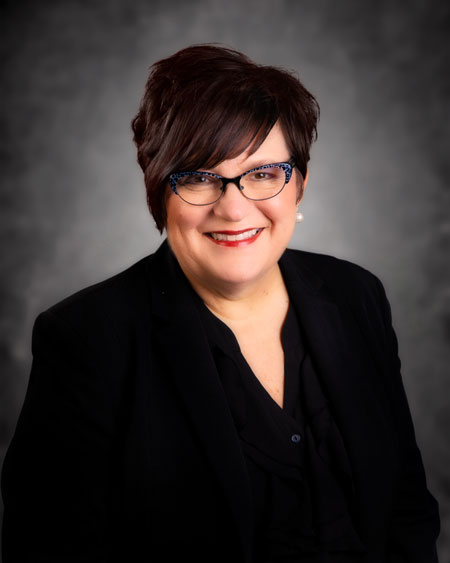Turning values and passions into impact
Cindy Cheatham emphasizes the opportunities in planned giving

Leaving a philanthropic legacy is as important to Cynthia “Cindy” Cheatham as it is to the families and individuals she serves. Cheatham works with donors to turn their personal values and passions into a lasting impact. As philanthropy manager of Novant Health Brunswick Medical Center Foundation and longtime resident of Brunswick County, Cheatham enjoys seeing how generous donors impact the community she loves.
Cheatham shares why she made the decision to commit her own planned gift and how leaving a remarkable legacy aligns with her and her family’s values.
Q: For those not familiar with the concept of planned giving, can you define the term for us?
Cheatham: When many of us think of philanthropy, we often think of immediate gifts. But not everyone has cash reserves at their disposal. Many individuals and their families have much of their net worth allocated in assets, such as a house, retirement fund, a business or a trust. Donors often need these assets in the short term, but they would love to set them aside for charitable giving one day.
For this reason, many donors choose to give on a deferred basis. They can spread their giving over a period of time, or they can choose to earmark an asset or a portion of their estate for philanthropic purposes. Planned giving allows you to include philanthropy in your long-term financial plans – your last will and testament, for instance – and develop a relationship with an organization that will help you make a lasting impact.
Q: Tell us about your planned gift.
Cheatham: I wanted to commit to a planned gift ever since I was a board member back in 2016. When I became a team member in 2017, I solidified my gift.
You can make a planned gift in so many different ways. I have a life insurance policy and I set up my gift so if something were to happen to me, a portion of my policy will be given to support my community through the foundation.
Q: What stood out to you about planned giving with respect to other forms of philanthropy?
Cheatham: Planned giving is such an easy thing to do. When I made my gift, I was younger and my kids were still in college at the time. It was a way of making sure my wishes were known and I could take care of others if something happened to me. I didn’t have the means to make an outright gift in the size I could make through a planned gift. I thought this gift was a wonderful way to leave a legacy and help the community I love so much.
Q: Planned giving can take many forms. What are some ways donors can give?
Cheatham: Planned giving is such a flexible option. It doesn’t have to be an outright gift of cash or check. It can be real estate, a life insurance policy or even a portion of your estate. This flexibility is powerful because everyone is at a different place in their life, especially right now when the economy and COVID-19 has affected many of us in unique ways.
Every gift has to meet the donor where they are. For me, planned giving is a simple, yet very significant way to make an impact. As things evolve, kids graduate from college and financial commitments shift, then I can choose to make a larger gift.
Q: What areas of need will your gift support?
Cheatham: I recently updated my gift to be earmarked for behavioral health. When I started working here and we decided to embark on a capital campaign, I reviewed all the statistics on our community needs, such as drug addiction and other behavioral health conditions. These needs are so great, and there is a lack of resources in the community to address them.
I have friends and family that have suffered from different addictions and behavioral health problems. Behavioral health affects the whole cycle of life in the community. It was just too great of a need to ignore.
Q: How has COVID-19 influenced your decision to give?
Cheatham: The pandemic has brought behavioral health to light for everyone. We’re reading about it and seeing it on the national news. I’ve heard of middle school girls who are suffering from depression and suicidal thoughts. As we know all too well, many have lost jobs or loved ones during this time. And at the same time, the other stresses of daily life haven’t gone away.
So I do what I can to support our community, especially our young people. If I can help make a difference, that’s what I want to do.
Leave a legacy. Give today.
You can make remarkable care a part of your legacy today. To learn more about planned giving, please reach out to Sharon Harrington at scharrington@NovantHealth.org or 704-384-5331.
Want to make an immediate impact on healthcare in your community? Consider a gift to provide behavioral health services in your community.